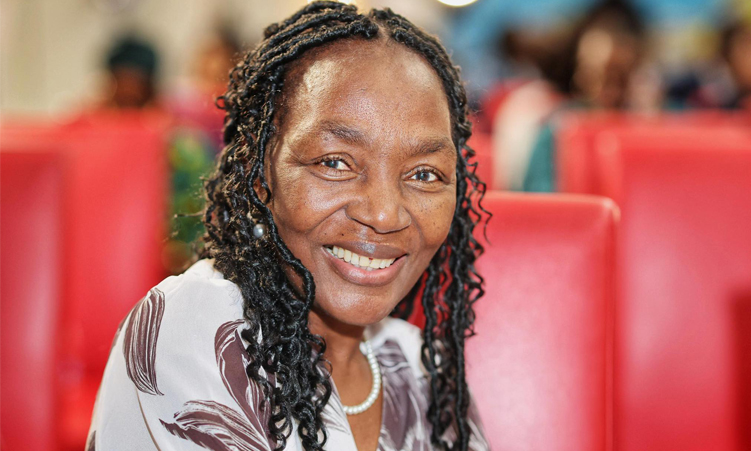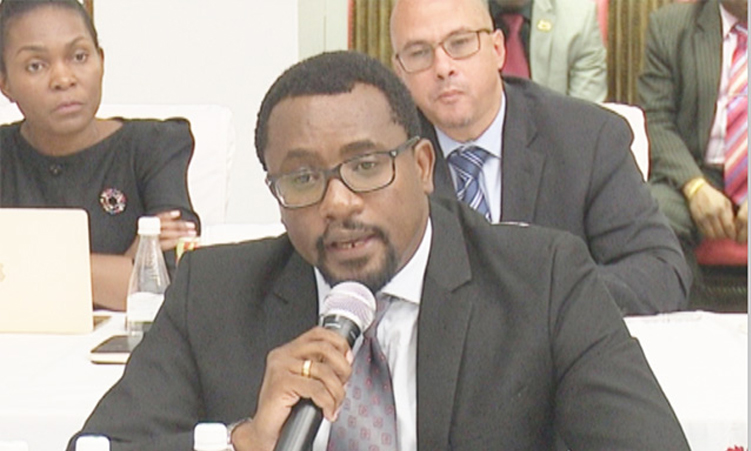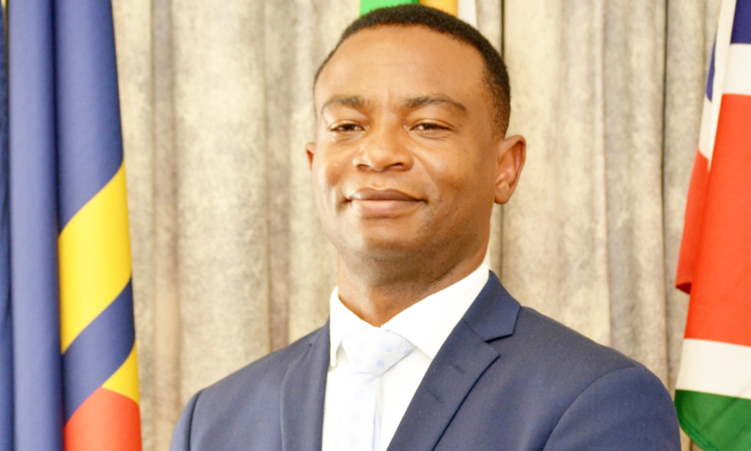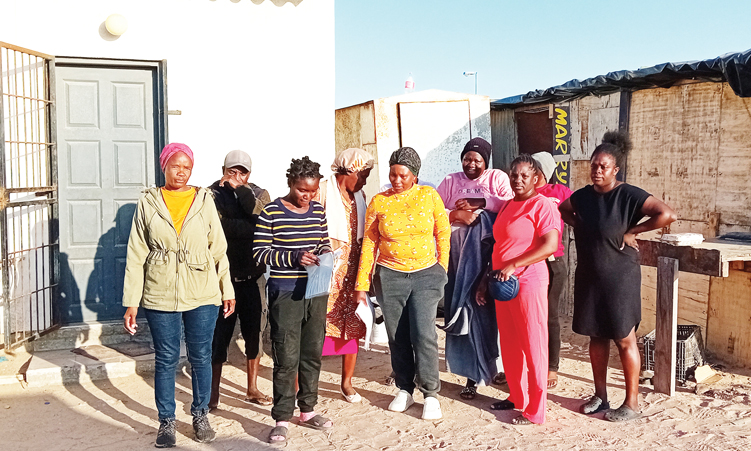A 12-HECTARE potato field in the Kavango West region provides seasonal jobs for 100 locals, says agriculturalist and borehole driller Winni Metzger.
“The harvesting, sorting and packaging of potatoes from this field have provided 100 local jobs, and these potatoes are sold all over the country,” Metzger told The Namibian at Kanyikama village last week.
Metzger is the private operator of the Musese Green Scheme.
According to Metzger, he also owns other agricultural fields at Kanyikama village, in partnership with other families.
The potatoes were planted at the end of May, and Metzger said they are due to harvest a total of 800t from this field.
Harvesting kicked off on 10 October, he said.
The decision to grow potatoes was motivated by the fact that Namibians consume potatoes in large numbers, he added.
At the Musese Green Scheme, where Metzger also mills maize, (for both private and commercial purposes he recently added the production of animal feed, which he sells to farmers countrywide.
Hundreds of animal feed bales (made from oats, maize and residue) lie dotted across the maize fields at the green scheme.
Tylves Ndjamba, who is Metzger’s partner for feed-lotting, said they also produce animal feed from milled maize chops for their 1 000 head of cattle, while a plant to produced chicken feed from maize kernels has also been set up.
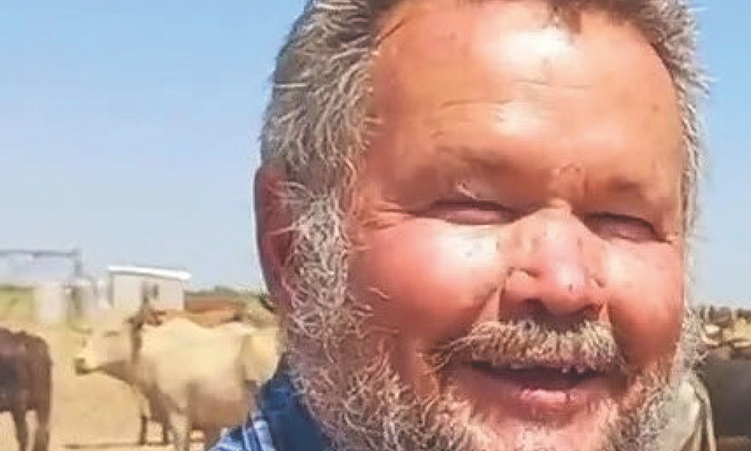
“Musese is doing a lot for everyone. We are fattening our cattle now and they support our local abattoirs,” said Metzger. Meanwhile, land preparation for planting has also begun.
“Disking the field has started but the actual planting will be done in November,” said Ndjamba.
Metzger said they will plant maize on 600ha of land at the Musese Green Scheme, and 400ha at Kanyikama and other fields.
Metzger listed high electricity tariffs as one of the challenges facing agricultural production in Namibia.
He also said small-scale farmers at many green schemes do not get much support from the government.
He maintained that green schemes are trying their best to help small-scale farmers in terms of implements but support from the government seems to be stagnating.
The Musese Green Scheme, established in 1977, is one of the oldest green schemes in the country.
Stay informed with The Namibian – your source for credible journalism. Get in-depth reporting and opinions for
only N$85 a month. Invest in journalism, invest in democracy –
Subscribe Now!







